The Berlin University of the Arts (UdK Berlin) has taken a bold step into the future of digital art education by introducing a compulsory course titled "NFT Creation Ethics" for all students in its digital media programs. This groundbreaking move positions UdK as the first major European art institution to formally address the complex ethical dimensions surrounding non-fungible tokens in artistic practice.
In an exclusive interview with the university's press office, Professor Lina Volkova, who spearheaded the curriculum development, emphasized that the course isn't about teaching students how to create or sell NFTs. "This is fundamentally about preparing the next generation of digital artists to navigate the moral minefield that NFT technology presents," Volkova explained. "We're seeing artists get rich overnight while others face environmental backlash or legal troubles. Our students need to understand these dynamics before they enter the professional world."
The 14-week course covers topics ranging from the environmental impact of blockchain technologies to issues of cultural appropriation in digital art markets. One particularly controversial module examines case studies of artists who have faced public outrage after their NFT works were revealed to contain plagiarized elements or problematic imagery. Students analyze these situations through multiple ethical frameworks while considering the unique challenges of provenance in digital spaces.
Early reactions from the student body have been mixed. Some applaud the university for tackling real-world concerns head-on, while others question whether the mandatory nature of the course reflects an institutional bias against NFT art. Second-year digital media student Elias Brandt shared his perspective: "At first I thought this was just another administrative hurdle, but after attending the first few sessions, I realize how little I understood about the broader consequences of minting work on different platforms. It's making me completely rethink my senior project."
Industry professionals have taken notice of UdK's innovative approach. Several major galleries and digital art collectives have reached out to establish partnerships, seeing the course as a potential pipeline for ethically-conscious talent. Meanwhile, the university has faced criticism from some blockchain purists who argue that the curriculum overemphasizes potential downsides without properly exploring Web3's democratizing potential.
What makes UdK's initiative particularly noteworthy is its interdisciplinary structure. The course brings together faculty from the arts, computer science, environmental studies, and even philosophy departments. This collaborative approach results in lively classroom debates where technical considerations about gas fees intersect with discussions about artistic integrity and climate justice.
As the art world continues to grapple with the NFT phenomenon, other institutions are closely watching UdK's experiment. Several American universities have already requested access to the syllabus, with rumors of similar courses being developed at schools in Seoul and Singapore. Whether this marks the beginning of a broader movement in art education remains to be seen, but UdK has undoubtedly started an important conversation about responsibility in the digital creative economy.
The course's final project requires students to develop their own ethical guidelines for NFT creation, which will be published as an open-source resource for the artistic community. This practical component reflects UdK's commitment to not just theorize about change, but to actively shape the evolving standards of digital art practice. As the first cohort progresses through the program, all eyes are on Berlin to see what impact this unusual educational initiative might have on the future of blockchain-based art.
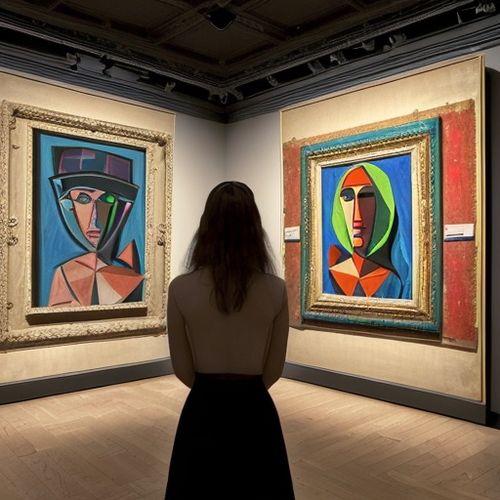
By James Moore/Apr 12, 2025
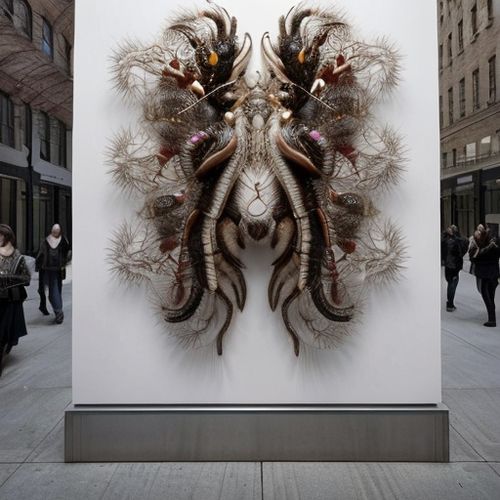
By Grace Cox/Apr 12, 2025
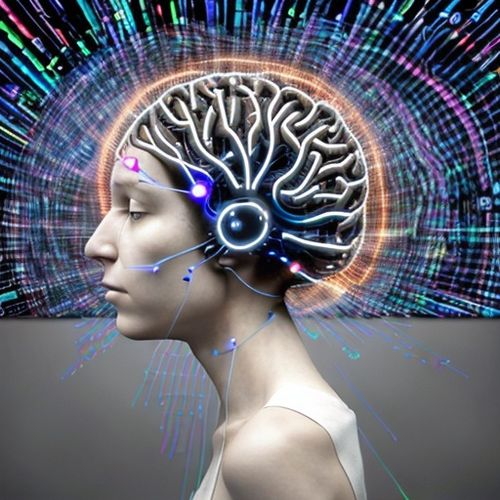
By Ryan Martin/Apr 12, 2025
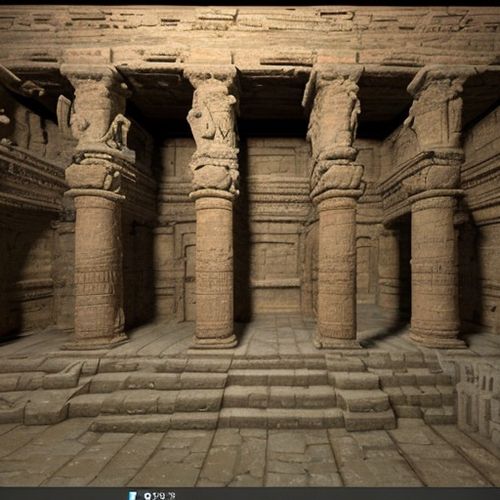
By Lily Simpson/Apr 12, 2025
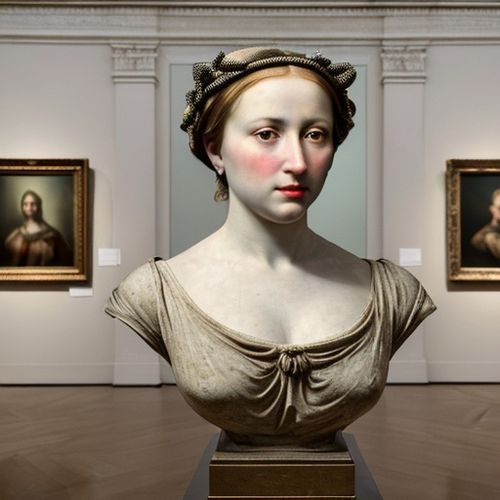
By William Miller/Apr 12, 2025

By Michael Brown/Apr 12, 2025

By Laura Wilson/Apr 12, 2025
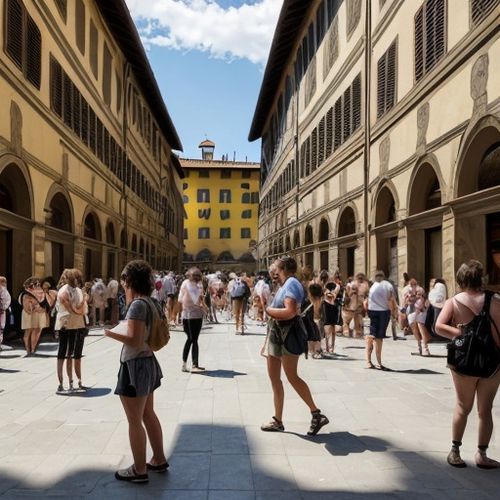
By Emma Thompson/Apr 12, 2025
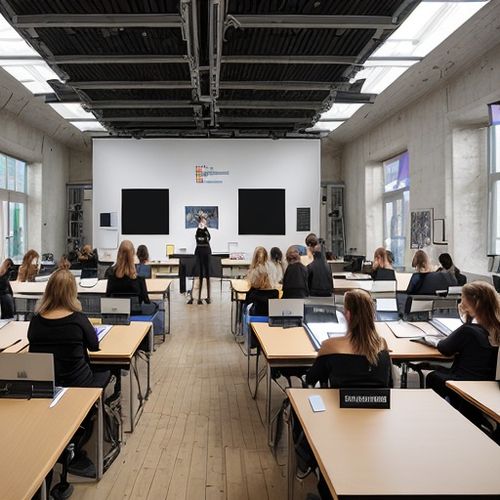
By James Moore/Apr 12, 2025
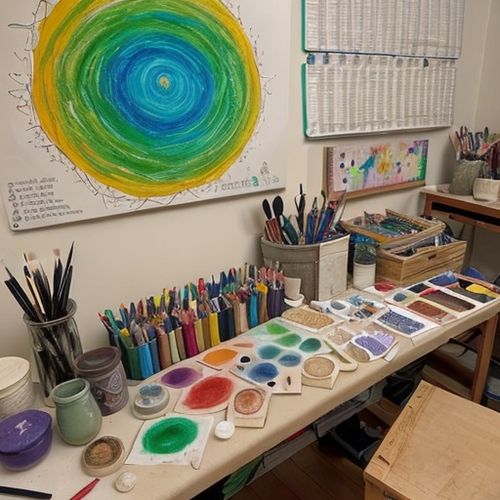
By Emma Thompson/Apr 12, 2025
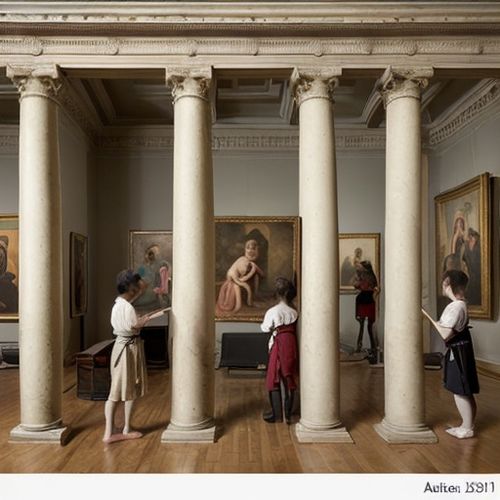
By Ryan Martin/Apr 12, 2025
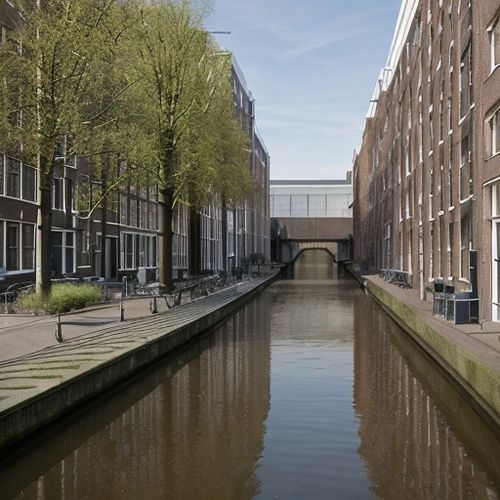
By Victoria Gonzalez/Apr 12, 2025

By William Miller/Apr 12, 2025
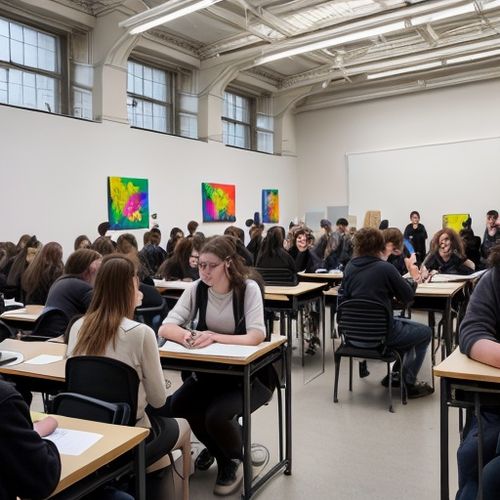
By Grace Cox/Apr 12, 2025
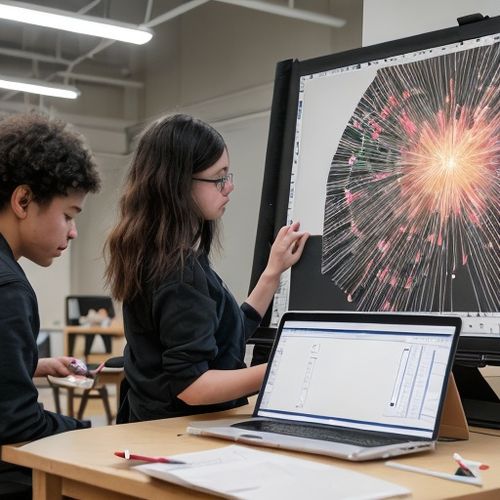
By Sophia Lewis/Apr 12, 2025
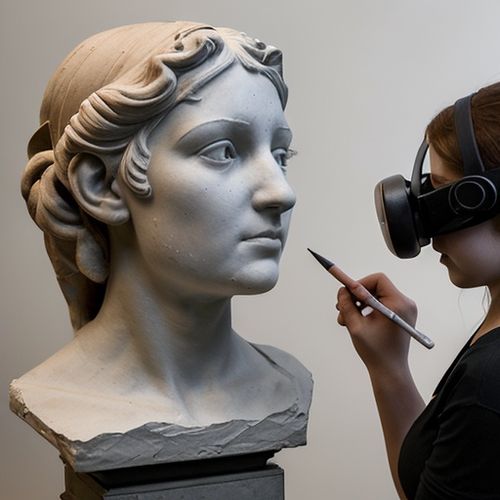
By Amanda Phillips/Apr 12, 2025
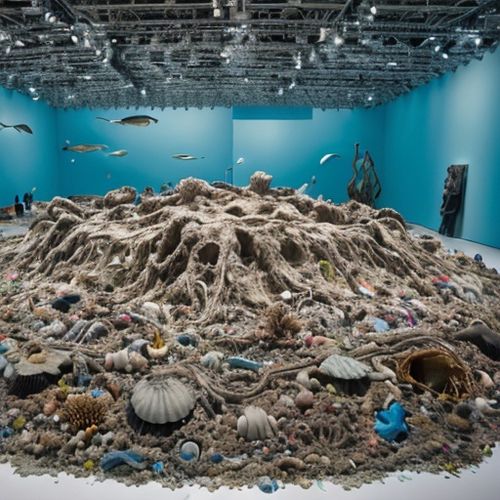
By William Miller/Apr 12, 2025
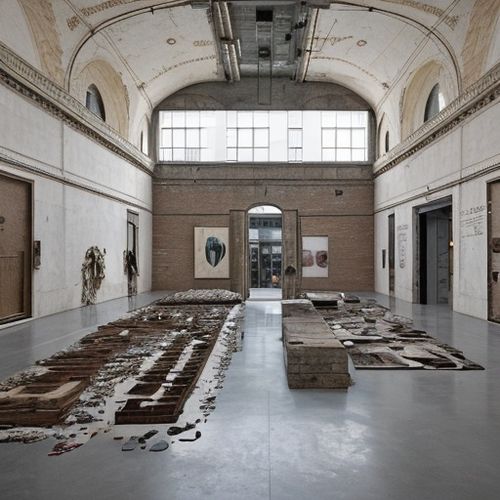
By Sarah Davis/Apr 12, 2025
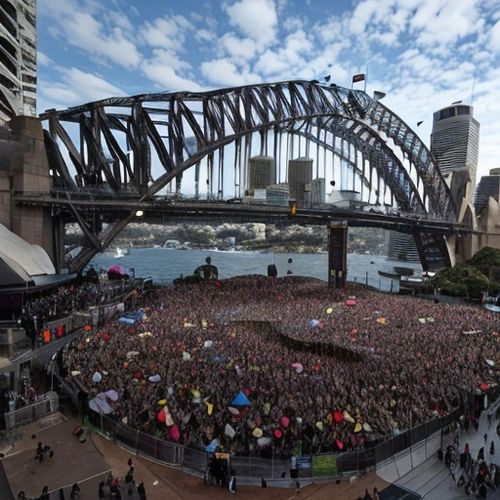
By Jessica Lee/Apr 12, 2025
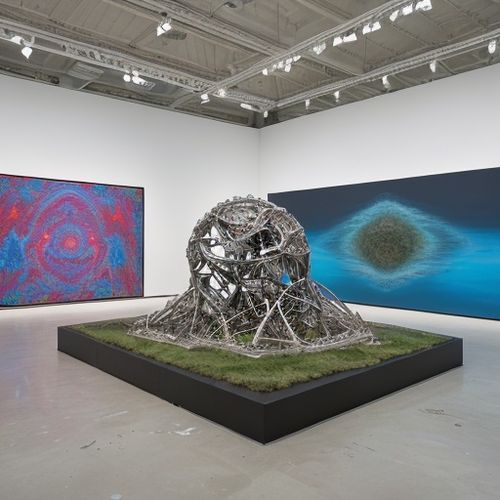
By Emma Thompson/Apr 12, 2025